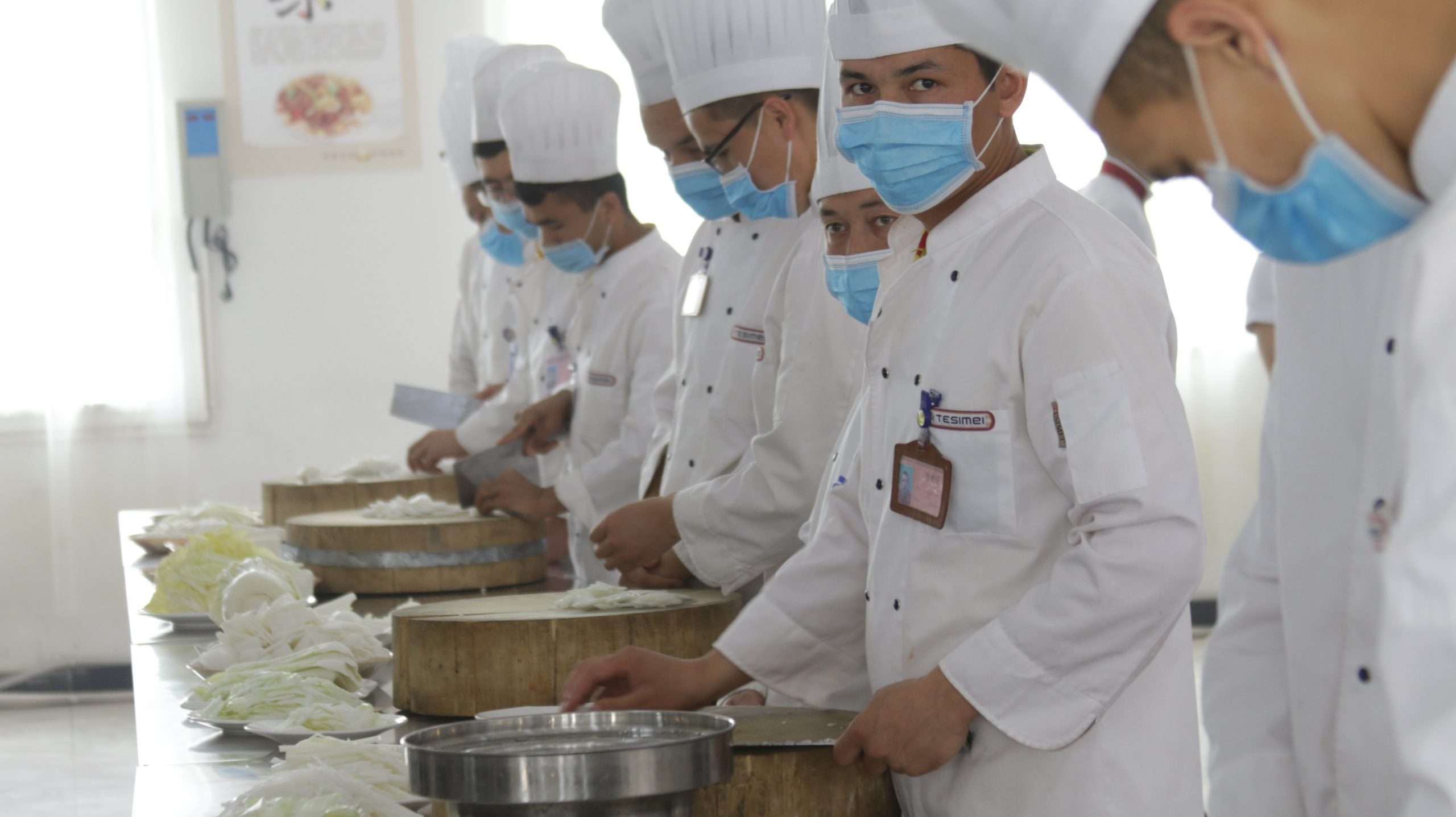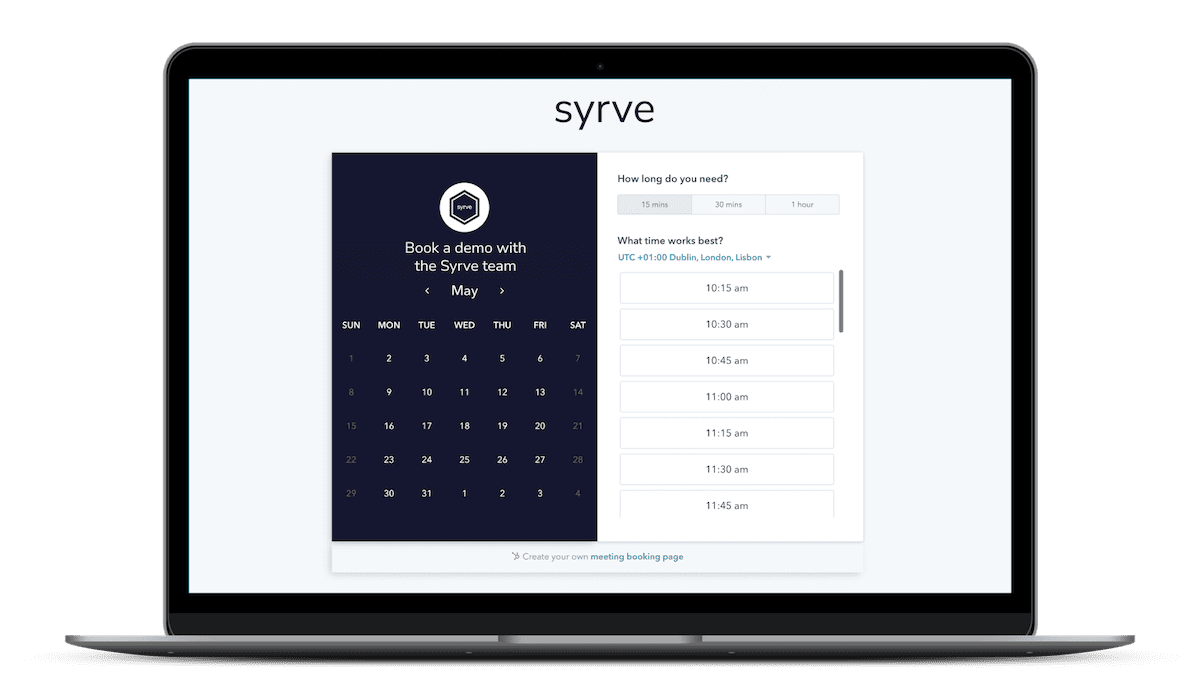In economic terms, the coronavirus outbreak couldn’t have come at worse time for the F&B industry. But it’s possible for companies to steer a safe path through the storm — with the right controls and accurate data.
As events unfold around Covid-19, it’s easy to focus only on financial matters. We mustn’t forget the human cost in terms of personal suffering, lost lives and the pressures on health professionals.
But CEOs, operations directors and restaurant managers must act quickly to safeguard their businesses over the weeks and months ahead.
Even before the virus, the UK hospitality sector has been suffering from a ‘perfect storm’ of rising costs, including Government-mandated wage increases, rising food prices and eye-watering business rates. Then came the uncertainty over the impact of Brexit, subdued consumer spending and fierce competition. All these have impacted operators’ bottom-line performance.
Now the added economic pain of the virus outbreak is being felt by the F&B sector, especially in popular tourist destinations. Trade body UKHospitality is reporting a 10-15% fall in hospitality bookings among its members in London. Owners of hotels, nightclubs, bars and restaurants have even been calling on the government for emergency assistance.
At times like this, it’s easy for the F&B sector to feel overwhelmed.
But there’s one thing that businesses must do — focus on what you CAN control.
It’s time to get into the detail
Simon Wilkinson, CEO at casual dining chain Byron, sums up the mood well and gives some valuable advice in a LinkedIn post: “As leaders we need to forensically look at every aspect of the business to keep cash flow positive but it’s also really important to drive morale and engagement demonstrating strong leadership.”
And it’s that forensic approach to every aspect of business that could help companies to stay afloat. Here are three measures to consider …
Step 1: Double your margin on the sales you get
In the current climate especially, you need to maximise the profit from every sale you get. Let’s say your normal margin is 10%. If you could find ways to double this to 20%, then it would be easier to withstand a financial shock.
To improve your margin, you need to focus on your Profit & Loss (P&L) and its two major expense accounts: Cost of goods sold (COGS) and Payroll. Then it’s possible to take better control of spending. Check out this article on how it’s done with some practical examples.
Step 2: Manage your inventory in real-time
Will sales fall by a further 10% next week? Then what happens if business bounces back quickly?
When up to 40% of the cost base is tied up in stock, food and beverage, it’s essential that businesses gain real-time visibility and control of their inventories. Otherwise, too much inventory can drag you down — and too little can hold back your recovery.
That’s why a real-time inventory must be a priority — now more than ever. Then you can flex in a way that reflects demand and keep costs under control.
Step 3: Adapt quickly to new circumstances
Despite the general gloom around the F&B sector, there are bright spots. For example, the UK restaurant takeaway sector is growing fast in 2020. Delivered food sales is a major revenue stream for the UK restaurant industry, thanks to online ordering and changing demands. And in the current situation, who’s to say it won’t increase even more—if people stay home rather than eat out?
But to capitalise on demand from takeway orders, companies need to be flexible.
Firstly, you need a POS system — such as Syrve — that can switch modes easily between service types. You don’t need to buy separate tills. You just change modes in a single click. Each has its own special user interface, controls and customisations. It feels like a very different business — but behind the scenes, your essential operating data feeds into the same central platform.
Secondly, you need seamless integration with takeaway ordering services like Deliveroo. But rather than trying to bolt your system and third-party apps together, it’s now possible to integrate your POS directly. You can reduce errors and costs dramatically.
Right now is a good time … for thinking ahead
The F&B sector often operates at full tilt with little time for forward planning. But if business is quieter over coming weeks, then now could be the ideal time to take a step back and consider what would enable your business to run more efficiently.
Is it now time to consider a state-of-the-art POS — using proven technology that will enhance your operation, end to end?
At Syrve, we’re talking to a number of F&B businesses who are doing just this. We’re solving some of the issues impacting them during the current market conditions — and helping them to get set for upturn that’s certain to come before long.
Transform your POS to your point of success.
Book a Demo today.



